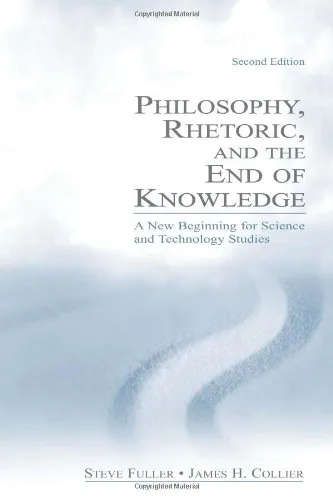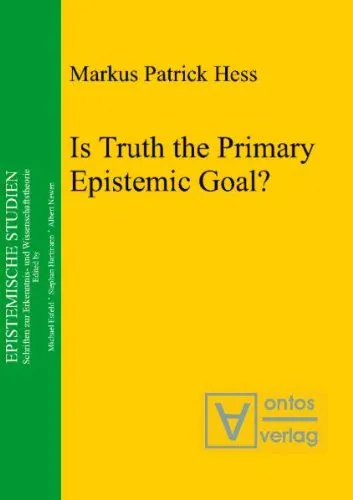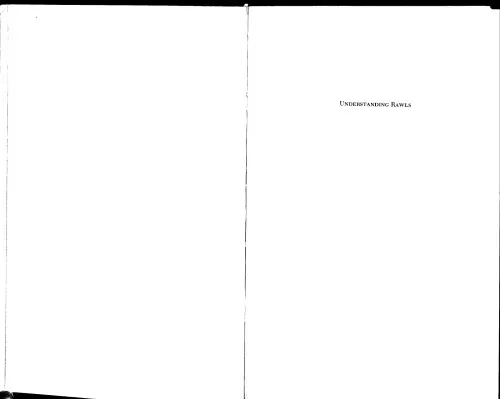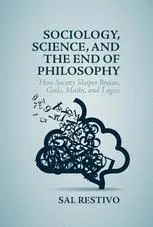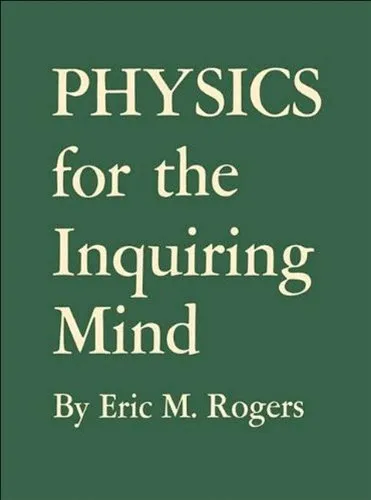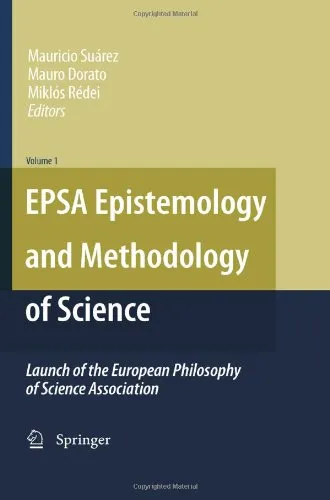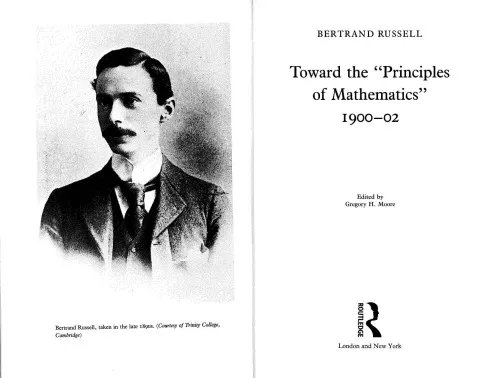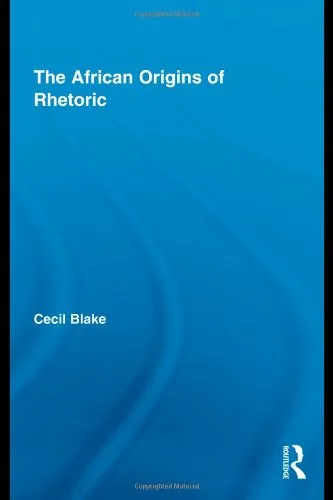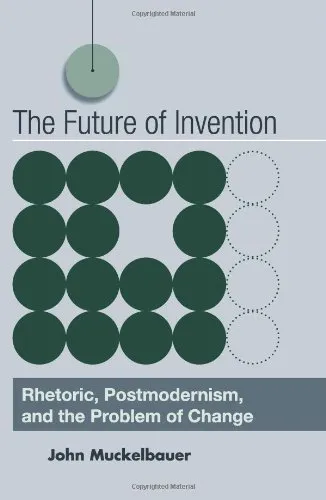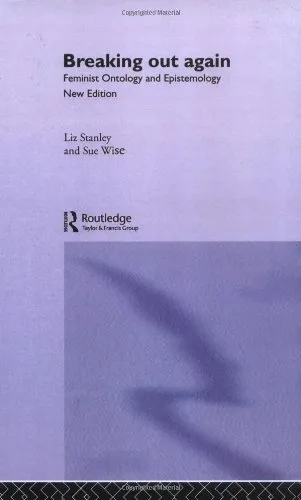Philosophy, Rhetoric, and the End of Knowledge: A New Beginning for..
4.0
Reviews from our users

You Can Ask your questions from this book's AI after Login
Each download or ask from book AI costs 2 points. To earn more free points, please visit the Points Guide Page and complete some valuable actions.Related Refrences:
Introduction to "Philosophy, Rhetoric, and the End of Knowledge: A New Beginning for..."
Written by Steve Fuller and James H. Collier, "Philosophy, Rhetoric, and the End of Knowledge: A New Beginning for..." challenges the traditional foundations of knowledge production by introducing a transformative dialogue between philosophy and rhetoric. This seminal work pushes the boundaries of how society understands knowledge in the modern era, critiquing established epistemic norms while offering a new perspective on the role of communication, persuasion, and argumentation in shaping truth and reality.
The book was born out of a need to address pressing questions about the function of philosophy in a time when scientific knowledge dominates intellectual discourse. Fuller and Collier traverse historical developments, intellectual controversies, and cross-disciplinary debates to create a comprehensive framework that merges theory with practicality. By doing so, they propose an alternative lens through which knowledge production can be understood—not as an objective, immutable entity but as a construct shaped by rhetoric and deeply tied to social contexts.
Detailed Summary of the Book
The book is divided into distinct sections, each building upon the previous to create a cohesive argument. At its core, it critiques the long-standing separation between philosophy as the pursuit of absolute truths and rhetoric as the art of persuasion. Fuller and Collier assert that this division is artificial and has hindered our understanding of knowledge creation.
The authors dive into the history of philosophy and science, examining the works of key figures such as Aristotle, Plato, and the sophists, while also considering modern intellectual movements like postmodernism and constructivism. They argue that science, often viewed as the ultimate arbiter of objective truth, is itself reliant on rhetorical strategies to sustain its authority and legitimacy.
Further, the book explores the impact of institutions, political forces, and culture in shaping knowledge. It questions whether true objectivity is possible—or even desirable—in a world where knowledge operates as a tool for negotiation, power dynamics, and societal cohesion. The authors challenge readers to reconsider what it means to "know" something and propose a "new beginning" for how philosophy and rhetoric can work together to spark meaningful conversations about truth, ethics, and progress.
Key Takeaways
- The boundary between philosophy and rhetoric is more fluid than traditionally assumed, making collaboration between the two integral to understanding knowledge.
- Scientific knowledge is not an objective truth; it is shaped by social, political, and rhetorical factors that influence its production and acceptance.
- Institutions and cultural contexts play a significant role in determining what is considered legitimate knowledge.
- Rhetoric should not be dismissed as mere persuasion; it is a method of constructing and negotiating truths within complex social systems.
- A reimagined approach to knowledge production could better align with contemporary challenges by embracing diversity, context-dependency, and ethical considerations.
Famous Quotes from the Book
"Science does not so much explain the world as it explains away rival accounts."
"Knowledge is never free of the social conditions under which it is produced."
"The rhetoric of science is not a distraction from its truth but the medium through which its truths become socially actionable."
Why This Book Matters
This book is a pioneering contribution to the philosophy of knowledge, offering an alternative framework that resonates deeply with the intellectual and political challenges of the 21st century. It matters because it dares to question the sacred cows of objectivity, challenging assumptions about the neutrality of science and reasoning. By doing so, "Philosophy, Rhetoric, and the End of Knowledge" invites readers to adopt a more critical and reflective stance toward knowledge production in an increasingly complex world.
Moreover, this work has significant implications for a variety of fields, from science and technology studies to communication, education, and public policy. It emphasizes the importance of cross-disciplinary approaches and enriches our understanding of how ideas shape and are shaped by human interaction and institutions. Fuller and Collier’s bold vision for the future of knowledge forces both scholars and laypeople alike to question what it means to understand the world—and perhaps to embrace the uncertainty and flexibility that true intellectual engagement requires.
Free Direct Download
You Can Download this book after Login
Accessing books through legal platforms and public libraries not only supports the rights of authors and publishers but also contributes to the sustainability of reading culture. Before downloading, please take a moment to consider these options.
Find this book on other platforms:
WorldCat helps you find books in libraries worldwide.
See ratings, reviews, and discussions on Goodreads.
Find and buy rare or used books on AbeBooks.
1242
بازدید4.0
امتیاز0
نظر98%
رضایتReviews:
4.0
Based on 0 users review
Questions & Answers
Ask questions about this book or help others by answering
No questions yet. Be the first to ask!
